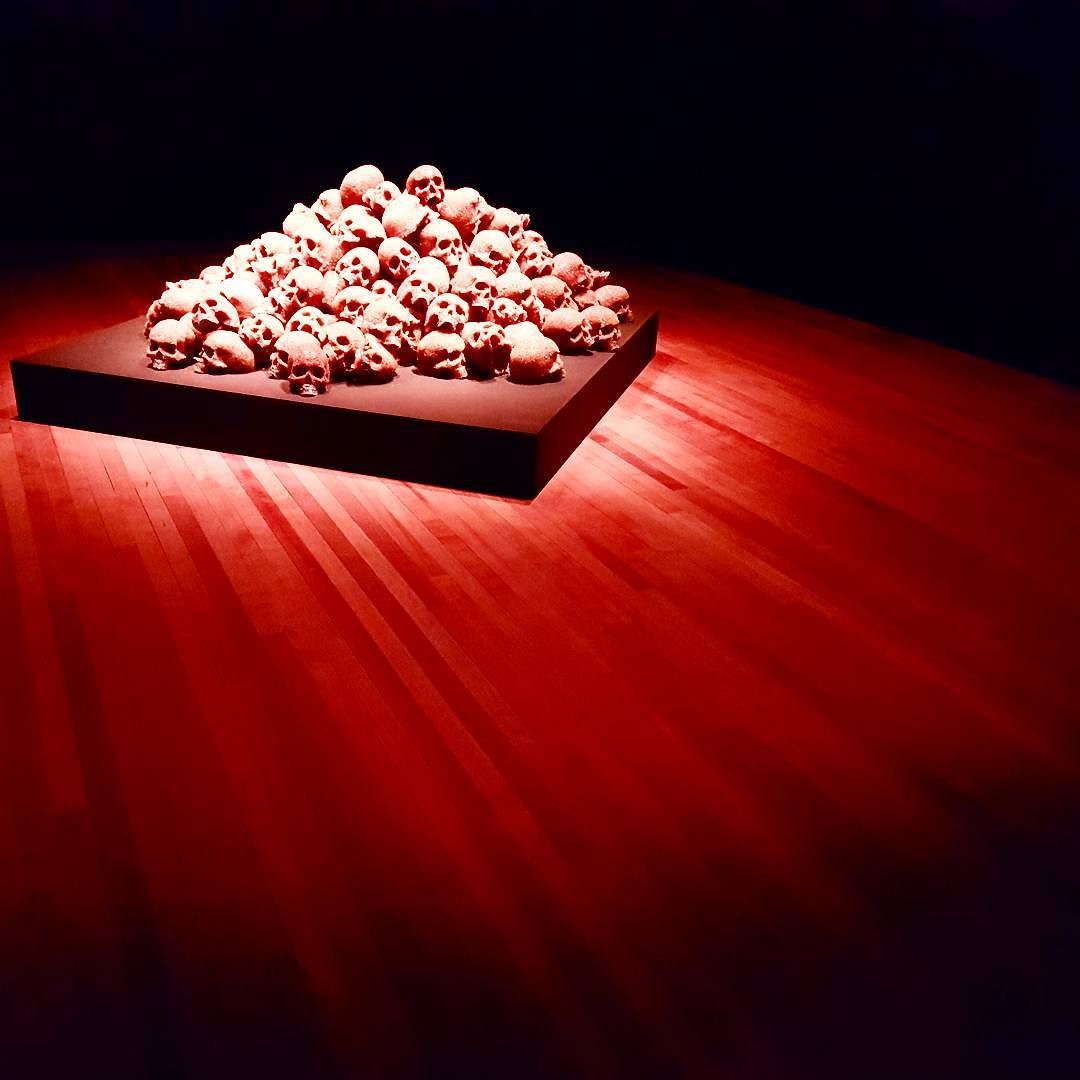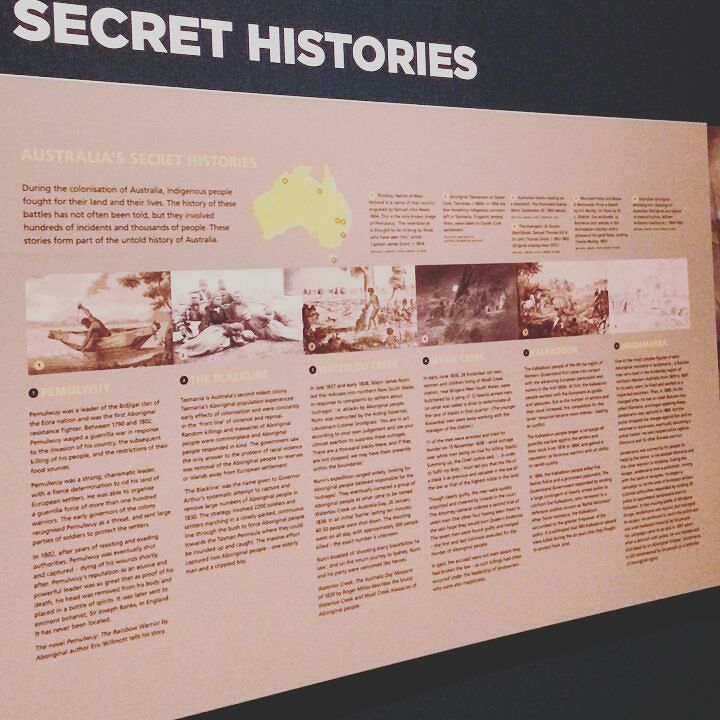I live on the land of the Gadigal people of the Eora Nation. ‘Eora’ means ‘here’ or ‘from this place.’ Twenty-nine clans belong to the Eora Nation (of what is now known as Sydney), each with their distinct culture, languages, songlines and practices. Sovereignty was never ceded. This land always was, is, and forever will be, Aboriginal land.
Yesterday was National Sorry Day and today marks the beginning of Reconciliation Week. The meanings and actions of these national events are different for Aboriginal and Torres Strait Islander people, and non-Indigenous people. Here are some reflections for those of us who are settlers, and what we can do to better listen and walk in solidarity with First Nations.
Continue reading Reconciliation and the ongoing impact of colonialism


